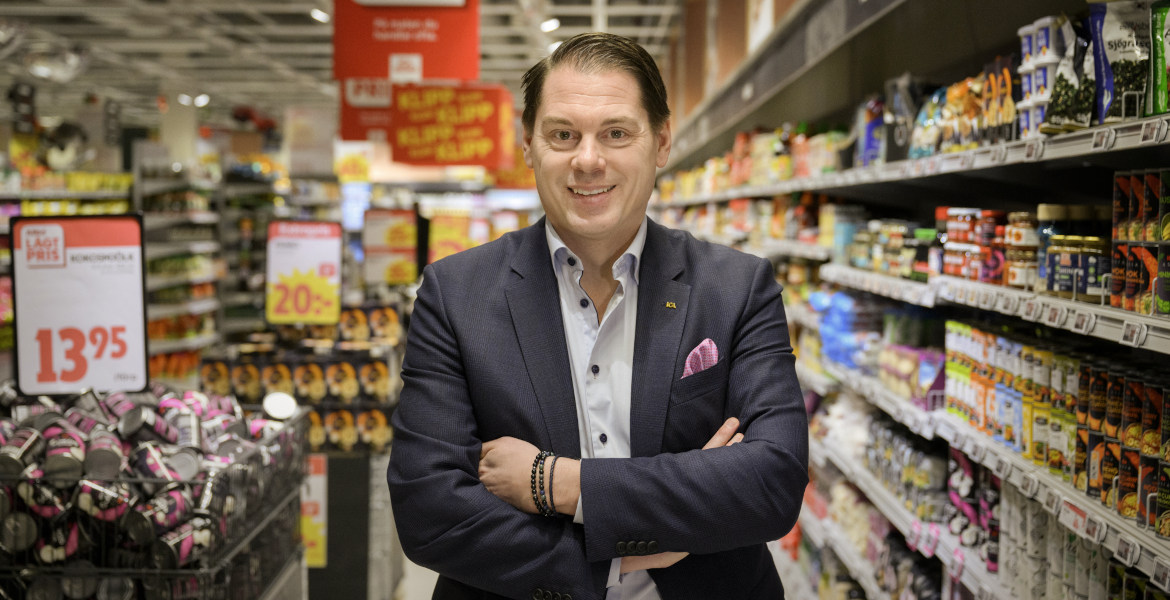Sweden's soaring food prices have led to calls for a boycott of the country's major grocery chains, with many Swedes arguing that the food giants are enriching themselves at the expense of the population.
ICA Sweden's CEO, Eric Lundberg, however, rejects the harsh criticism and claims that they "do everything we can to help customers" – despite making multi-billion profits last year.
The Nordic Times recently highlighted how a major boycott of the country's major grocery stores is planned during week 12 in protest against rising food prices – an initiative that has been widely spread on social media.
– Food prices are becoming very extreme. They are affecting everyone right now, both me, who earns well, and those who are struggling financially, says Robin Lindgren, from Eskilstuna.
On social media, single parents, people on sick leave and pensioners are testifying to how their finances have already been stretched to the limit following sharp increases in housing costs and a general rise in prices – and that it has now gone so far that they feel forced to prioritize food.
"Time to speak out"
Already a year ago, alarms were raised about the fact that many single parents cannot afford to eat enough or are forced to give up nutritious food. More and more people are also seeking help from the church or non-profit organizations, and it is common for parents to give up food themselves so that their children can get the food they need.
The owners of the food giants have long been accused of raising prices far above what is justified by the general price trend, and of exploiting inflation and an uncertain global economy to profit from Swedish consumers.
"Food prices in Sweden have skyrocketed, and the hardest hit are those who are already struggling to make ends meet - the poor, students and pensioners. At the same time, the big food chains continue to report high profits. It's time to speak out!" says Filippa Lind, initiator of the boycott campaign.
"Doing everything in our power"
ICA is by far the largest and most influential food retailer in Sweden, and CEO Eric Lundberg claims that he "understands the customers' frustration" and that they are not raising prices without any reason.
– We are doing everything in our power. We are negotiating with our suppliers. Last year we invested more than a billion euros in lowering, moderating, food prices. We reduced the price of fruit and vegetables by over 12%, he claims.
– We are really doing everything we can to help customers in this difficult and challenging time, Lundberg continues.
"Invested to help customers"
At the same time, ICA Sweden made a gross profit of SEK 26 billion (€2.4 billion) last year – but the CEO does not think this is anything strange.
– We have invested to help our customers, he says, adding that the food industry is "a very investment-intensive industry".
– If we compare the rate of price increases and prices compared to the rest of the EU, for example, we have had a lower rate of price increases in Sweden. If you also look at the total grocery trade, only two out of six players are actually profitable, it is claimed.
ICA's share of the Swedish grocery trade is about 50 percent. Together with Axfood and Coop, it accounts for about 90 percent of food sales.





